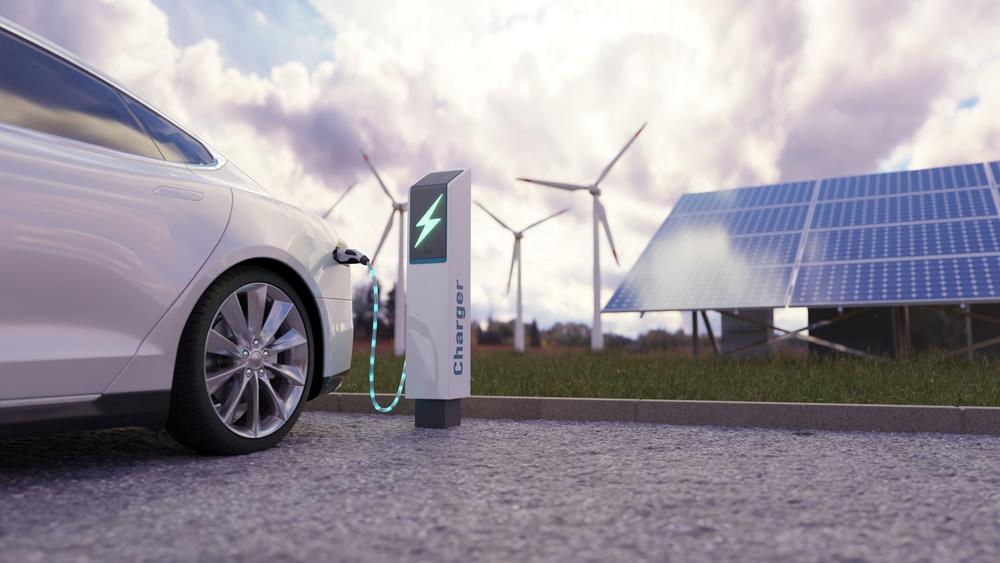
Electric cars have rapidly gained popularity in recent years as society seeks sustainable alternatives to traditional gasoline-powered vehicles. Despite their growing presence on roads worldwide, critics often voice concerns and skepticism about the practicality and environmental impact of electric cars. In this article, we will debunk common misconceptions and shed light on the truth about electric cars, revealing why critics may have it all wrong.
Range Anxiety Myth
One of the most prevalent criticisms against electric cars is the fear of range anxiety – the idea that these vehicles cannot cover long distances on a single charge. However, technological advancements have significantly improved electric car ranges. Modern electric cars can often travel over 300 miles on a single charge, effectively eliminating the once-legitimate concern of range anxiety. In fact, the average daily commute falls well within the capabilities of most electric cars, making them suitable for everyday use.
Charging Infrastructure
Critics argue that the lack of a widespread charging infrastructure is a major drawback for electric cars. While it’s true that the charging network is still developing, considerable progress has been made in recent years. Numerous fast-charging stations are now available, making long-distance travel more convenient. Additionally, many electric car owners charge their vehicles at home overnight, relying on standard household outlets. As technology continues to advance, the charging infrastructure will undoubtedly improve, addressing the concerns of critics.
Environmental Impact
Some critics claim that electric cars are not truly environmentally friendly because they rely on electricity, which may be generated from fossil fuels. However, studies consistently show that even when accounting for electricity generation, electric cars have a lower carbon footprint compared to their traditional counterparts. As the global energy mix shifts towards renewable sources, the environmental benefits of electric cars will only increase. The long-term goal is to create a cleaner and more sustainable energy ecosystem that supports electric vehicles.
Cost of Ownership
Critics often argue that electric cars are more expensive to purchase, ignoring the long-term cost savings associated with ownership. While the initial purchase price may be higher, electric cars generally have lower operating and maintenance costs. They have fewer moving parts, reducing the likelihood of mechanical failures, and electricity tends to be cheaper than gasoline. Additionally, governments and incentives often offer tax credits and rebates to encourage the adoption of electric vehicles, further offsetting the initial cost this website.
Performance and Fun
Some critics claim that electric cars lack the excitement and performance associated with traditional combustion engine vehicles. In reality, electric cars often outperform their counterparts in terms of acceleration and torque. The instant torque provided by electric motors results in quick and smooth acceleration, delivering a thrilling driving experience. As more automakers invest in electric vehicle technology, we can expect to see even more high-performance electric cars hitting the market click here to learn more.
Conclusion
In conclusion, the truth about electric cars contradicts many of the criticisms leveled against them. Technological advancements have addressed concerns about range anxiety, the charging infrastructure is continually improving, and electric cars are environmentally friendly with lower overall ownership costs. As electric vehicle technology continues to evolve, it is crucial to base opinions on the most up-to-date information rather than perpetuating outdated misconceptions. The transition to electric cars represents a positive step toward a more sustainable and cleaner transportation future.